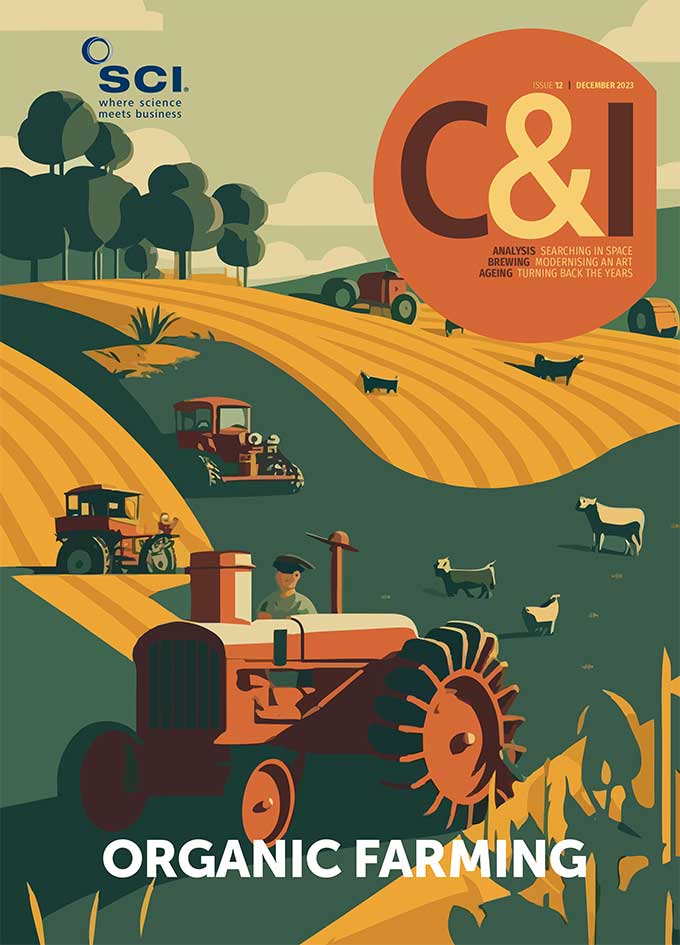LEADER BY NEIL EISBERG, EDITOR | 20 DECEMBER 2023
US concerns about drug shortages and the likely impact of pricing measures within President Biden’s Inflation Reduction Act have previously been reported in these pages (C&I, 2023, 87, 9, 4). Nationwide shortages of over 128 medicines including some antibiotics and a number of chemotherapies have reached such a point that Republicans in the US Congress have taken action to pressure the Food & Drug Administration (FDA) for answers to what they describe as a failure by the FDA to ensure these critical drugs remain available in pharmacies.
Chairman of the House Committee on Oversight and Accountability, James Comer and Lisa McClain, chairwoman of the Subcommittee on Healthcare and Financial Services, have asked FDA Commissioner Robert Califf for relevant documents and a staff-level briefing to examine the FDA’s shortage mitigation strategies.
Among the reasons cited for these shortages are an over-reliance on offshore manufacturing and reduced production of generic medicines. It has been estimated that 70% of around 4000 facilities manufacturing medicines for the US market were actually located overseas in 2022.Now stories are beginning to surface in the UK about similar shortages, in this case, focused on the impact of the voluntary scheme for branded medicines pricing (VPAS) rebate, particularly on branded generics.
A record number of products are facing supply issues, according to a monthly dashboard assembled by the British Generic Manufacturers’ Association (BGMA), which acts as the trade body for off-patent prescription medicines. The dashboard is developed using a range of data sources including those from NHS England and the UK Department of Health & Social Care (DHSC). The data covers both on-patent and off-patent medicines.
According to the dashboard, 111 products are currently facing supply issues – the highest number on record and over twice the number since the beginning of 2022. Of that total, 55 products were branded generics, despite them representing only 10% of prescription products used in the UK. These products included hormone replacement therapy, contraceptives, immunosuppressants, and treatments for anaphylaxis, ADHD, Crohn’s disease, diabetes, epilepsy, acne, osteoporosis, mental health and heart disease.
For comparison, at 102 products, the number recorded in September 2023 was the first time that 100 had ever been exceeded, said BGMA.
The BGMA believes one of the key factors behind the rise in shortages of branded generics is the impact of the UK Government’s rising VPAS access rate. The VPAS aims to limit spending increases for branded medicines to no more than 2%/year through a rebate scheme charged on companies’ sales revenues. In 2021, the rate was 5.1%; however, for 2023, the rate has skyrocketed to 26.5%.This dramatic increase is attributed by BGMA largely to the growth in spending on on-patent medicines since 2019. ’Looking at the four completed years of the current VPAS scheme, data show that the average annual growth rate for on-patent medicine sales value from 2019 to 2022 was 18%, compared with just 2% for off-patent products,’ says BGMA. ‘Approaching half the products in the current scheme are a branded generic or biosimilar medicine and therefore already subject to cost controls via competition and NHS tenders, but for reasons often tied to regulatory compliance, they are required to have a brand name and pay the VPAS rebate rate as well.’
BGMA believes that branded generics and biosimilars already create major annual savings for the NHS by creating competition for originator products. ‘For example, branded generics and biosimilars are commonly priced 80% less than what the originator price was on patent. However, with competition constraining their prices, margins for off-patent medicines are very low and therefore having to pay a rebate on revenues of 26.5% makes many products simply economically unviable.
‘Manufacturers are having to make difficult decisions around continuing to supply or cancelling potential future launches,’ says BGMA, which believes the rebate is a key factor in current supply issues.
‘Supply issues for generic medicines are on the rise and patients are sadly being impacted as they represent four out of five prescriptions,’ said BGMA CEO, Mark Samuels. Generics operate on high volumes and razor-thin margins, so by adding a tax on revenues, which has increased five-fold in two years, means manufacturers have little option but to reduce or remove supplies of some products. This is not about making less profit but actually making losses as a direct result of VPAS.
‘Those involved in the negotiation of the next VPAS, which will run from 2024 to 2028, cannot ignore the consequences of a high rate and the disproportionate impact it is having on off-patent products, which already have their costs significantly constrained by competition.
‘The Government must act otherwise the NHS will pay more for medicines and shortages will become increasingly common,’ said Samuels.





